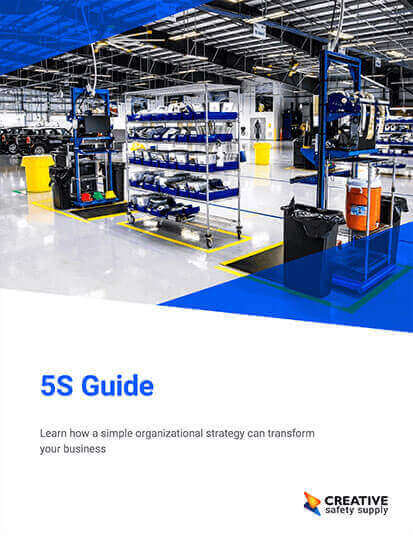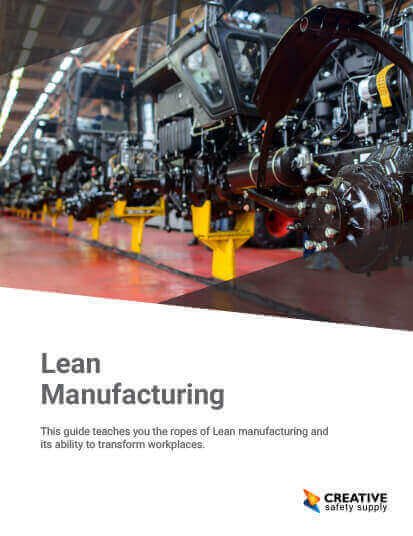
Business plans aren’t inherently Lean. They can take weeks or even months to complete, lengthy proposals may never be read, and teams can grow frustrated with trying to get their message across. The solution? Lean Canvas. In less than an hour, a team can put together a proposal that captures the essence of the organization’s values, infrastructure, customers, and even finances while weeding out irrelevant information. A Lean Canvas proposal is succinct and straightforward, making it easier to convey ideas and nail a pitch.
Lean Canvas is a structured one-page document adapted from Alexander Osterwalder’s Business Model Canvas by Ash Maurya. Maurya modified the nine boxes of the Business Model Canvas to create a template that better jibes with the Lean manufacturing methodology, specifically focused on startup factors like uncertainty and risk. The blocks are arranged in a specific order, guiding teams through a logical process of brainstorming:
- Problem: What are the top two or three customer problems you are trying to solve? Are there any existing alternatives?
- Customer Segments: Who are the customers you’re targeting? What are the characteristics of your ideal customer?
- Unique Value Production: What makes you different and why should customers purchase your product or service?
- Solution: Draft a list of possible solutions for each problem identified in the first block.
- Channels: What is your path (both inbound and outbound) to reach customers? Which ones are more cost-friendly?
- Revenue Streams: What is your revenue model? What are your sources of revenue?
- Cost Structure: What are your fixed and variable costs? What key resources and activities are most expensive?
- Key Metrics: What will you measure to determine success (KPIs)?
- Unfair Advantage: What do you or your organization have that cannot be copied or bought?
It should only take about half an hour to complete a business model using Lean Canvas and at the end of the process, the team will have a clear plan with ideas that are easy to communicate to others. Lean Canvas is specifically optimized for start-ups and entrepreneurs as a way to streamline ideas, but the template can also be great tool to plan product launches or campaigns.


